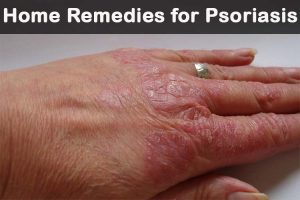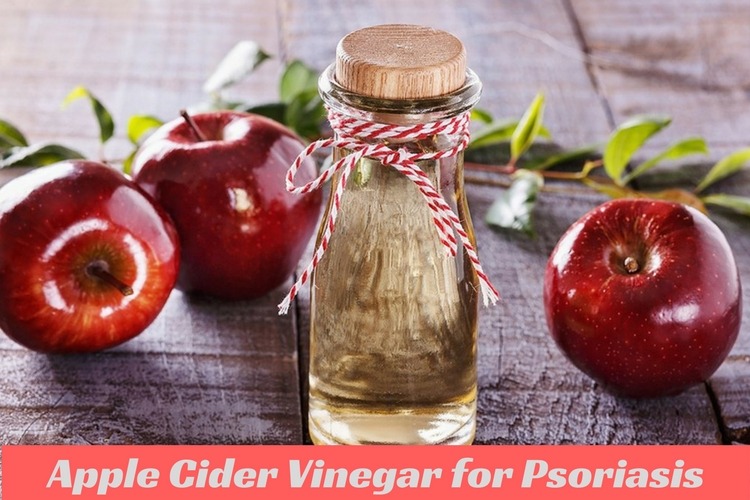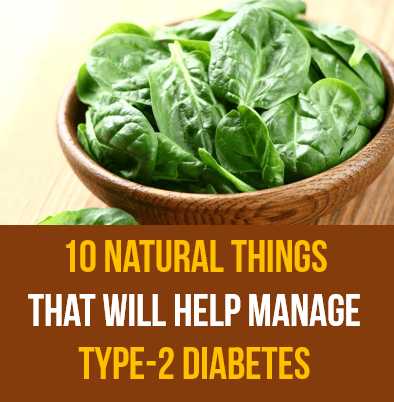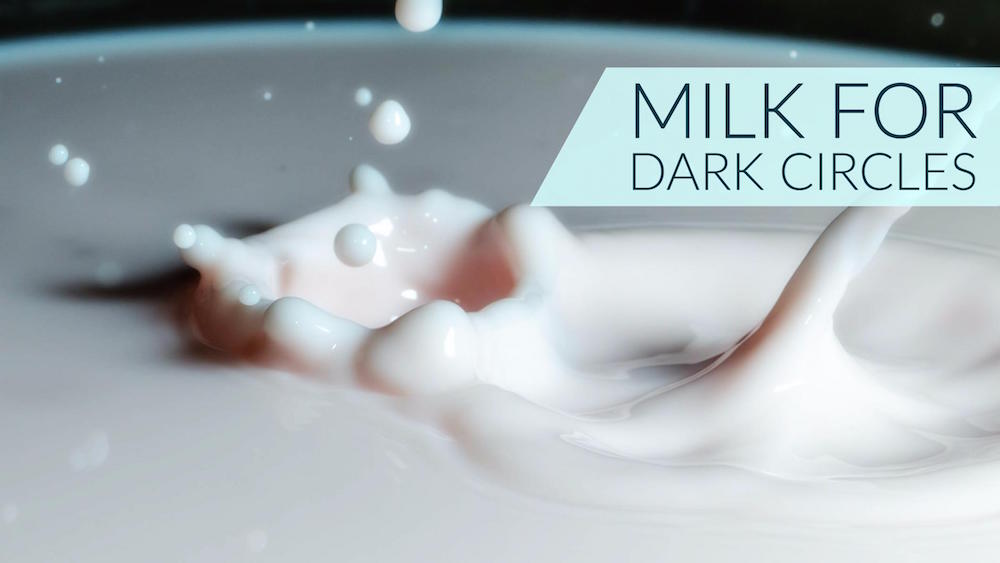 Psoriasis is characterized by a thick, scaly buildup of dead cells on the skin’s surface, which form large patches of dry, red, itchy rash. Psoriasis is thought to be an immune system deficiency triggered by infections, cold, and stress, among other factors. In addition to the skin, it can affect the nails and joints. While psoriasis cannot be completely cured, the symptoms can be greatly reduced.
Psoriasis is characterized by a thick, scaly buildup of dead cells on the skin’s surface, which form large patches of dry, red, itchy rash. Psoriasis is thought to be an immune system deficiency triggered by infections, cold, and stress, among other factors. In addition to the skin, it can affect the nails and joints. While psoriasis cannot be completely cured, the symptoms can be greatly reduced.
You’re about to learn how to lessen the frequency and severity of your symptoms using natural, affordable, effective home remedies. Let’s get started.
Home Remedies for Psoriasis:
1. Apple Cider Vinegar
Apple cider vinegar reduces inflammation and restores the skin’s pH balance.
- Mix 1 cup of apple cider vinegar with 1 gallon of plain filtered water.
- Use a cotton ball or clean wash cloth to apply to skin.
- Repeat daily.
2. Aloe Vera
Aloe vera soothes and helps heal minor wounds and burns.
- Slice open a fresh aloe vera leaf and squeeze to extract gel.
- Apply to skin, leave on up to 10 minutes, and rinse with water.
- If you can’t get fresh aloe vera, try organic store-bought gel.
- Apply regularly.
3. Baking Soda
Baking soda relieves itching and helps detoxify skin.
- Mix ½ cup of baking soda into 3 gallon plain filtered water.
- Soak a clean cloth in the solution and place it over skin.
- Leave on 10 minutes, remove cloth, and rinse with water.
- Repeat daily.
4. Epsom Salt
Epsom salt reduces swelling, itching, and redness, and detoxifies skin.
- Run a warm bath and mix in ½ cup of Epsom salt.
- Get in and soak 5-15 minutes.
- Rinse with plain water in the shower and towel dry.
- Apply some moisturizer.
- Repeat daily to reduce psoriasis.
5. Extra Virgin Olive Oil
Olive oil soothes, softens, moisturizes, and detoxifies the skin.
- Warm a few tablespoons of olive oil.
- Use fingertips to massage into skin, rubbing gently in circular motions.
- Leave on 5 minutes, then rinse with water and pat dry.
- Repeat daily.
- Or mix 2 teaspoons of olive oil and glass of milk. Add this to bath water
6. Mineral Oil
Mineral oil soothes and moisturizes skin while providing nutrients.
- Run a warm bath and mix in mineral oil.
- Get in and soak for up to 20 minutes.
- Rinse with plain water in the shower and towel dry.
- Apply natural, gentle moisturizer.
- Repeat 3 times a week.
- Or you can pour a cup of vegetable oil instead of mineral oil.
7. Banana Peel
Banana strengthens the immune system.
- Apply the inside of a banana peel to skin and leave on 5 minutes.
- Remove banana peel, rinse with water, and pat dry.
- Repeat daily.
8. Tea Tree Oil
Tea Tree oil removes dead skin cells and detoxifies skin to prevent infection.
- Mix ½ teaspoon of tea tree oil with 2 tablespoons of water.
- Apply to rash and leave on overnight.
- Rinse with water and pat dry.
- Repeat every night.
- Note: tea tree oil is very potent and should always be diluted before use.
9. Castor Oil
Castor oil soothes, moisturizes, and nourishes skin. Massage psoriatic rashes with castor oil for a few minutes before bed and leave it on overnight. In the morning, rinse with water and towel dry. Repeat this process every night. Do not to apply it on the cracked skin.
10. Cayenne Pepper
Cayenne pepper reduces redness and swelling, and it contains capsaicin, which relieves pain. Add ½ teaspoon cayenne pepper to a glass of ginger-lemon tea or use lotions that contain it.
11. Moisturizer
Moisture is key to healthy skin. Always remember to apply some type of gentle, organic moisturizer after bathing, showering, or swimming, and regularly throughout the day. Try extra virgin olive oil or organic coconut oil.
12. Soaking
Psoriatic rashes act as a barrier to the topical medications used to cure them. Regular soaking can be an effective way to diminish thick, scaly patches. Swimming, baths, and warm compresses are great ways to soak affected skin.
13. Sunshine
The vitamin D in sunshine helps keep the whole body healthy. Expose skin to sunshine for a few minutes every day, but make sure to protect healthy skin with sunblock. Try for sunbathe for 3-4 days a week. Ask your doctor before taking the sun bathe.
14. Journal
Triggers for psoriasis outbreaks vary slightly from person to person. Whenever you get an outbreak, record the foods and beverages you consumed and the things you did that day. Eventually, you will compile a record of triggers to avoid in order to prevent breakouts.
15. Bandaging with Plastic Wrap
Some medical professionals believe that applying prescribed topical medications to psoriatic rashes and then covering them with plastic wrap actually helps outbreaks heal faster by encouraging medication to soak deep into the skin. Consult a doctor or pharmacist for proper materials and special instructions for this method.
Other Tips for Reducing and Preventing Psoriasis Outbreaks:
- Avoid soaps, shampoos, conditioners, and lotions that contain harsh, unnatural chemicals.
- Avoid tight clothing, over-exposure to sunlight, and anything else that may irritate skin.
- Consume fish oil, milk thistle, and vitamin D.
- Eat primrose oil, nuts, oregano oil, cranberries, and turmeric.
- Consume foods that contain anti-oxidants, like carrots, tomatoes, garlic, onions, broccoli, kale, collards, cabbage, and cauliflower.
- Avoid gluten.
- Stay hydrated.
- Apply fish oil or honey on psoriasis affected area.
- Use a humidifier at night to reduce dryness which in turn helps to control the psoriasis.
- Skin products like shampoos, creams, gels that contain tar will loosen scaly patches.
- Use skin products which contain salicylic acid.
- Avoid red meat and excess fats and oils.
- Avoid alcohol and smoking.
- Avoid salty, sour, or acidic foods.
- Drink freshly extracted bitter gourd juice with fresh-squeezed lemon juice.
- Use chamomile, Burdock root, figwort, and dandelion tinctures on skin.
- Get regular exercise.
- Apply moisturizer everyday to prevent the dryness.
- Take shark cartilage supplements but consult dermatologist before using it.
- Ask your doctor if any of the medications you are taking may be contributing to breakouts.
- If none of these home remedies work, ask a doctor about taking over-the-counter medicines that contain capsaicin and cortisone.
- Massage olive oil or vegetable oil on scalp and patches of psoriasis to lock the moisture and nutrients.
- Mix avocado oil, cod liver oil, linseed oil, vitamin E, lecithin, zinc, etc., in bath water to soothe the itching, infiltrate scales and plaques. Apply moisturizer after shower.
- Check out top blogs to follow for more psoriasis and its remedies.
Have you tried any of these methods for reducing and preventing psoriasis outbreaks? Which ones worked best for you? Share your experience with us!










1 comment
is psoriasis a lipid coated virus?